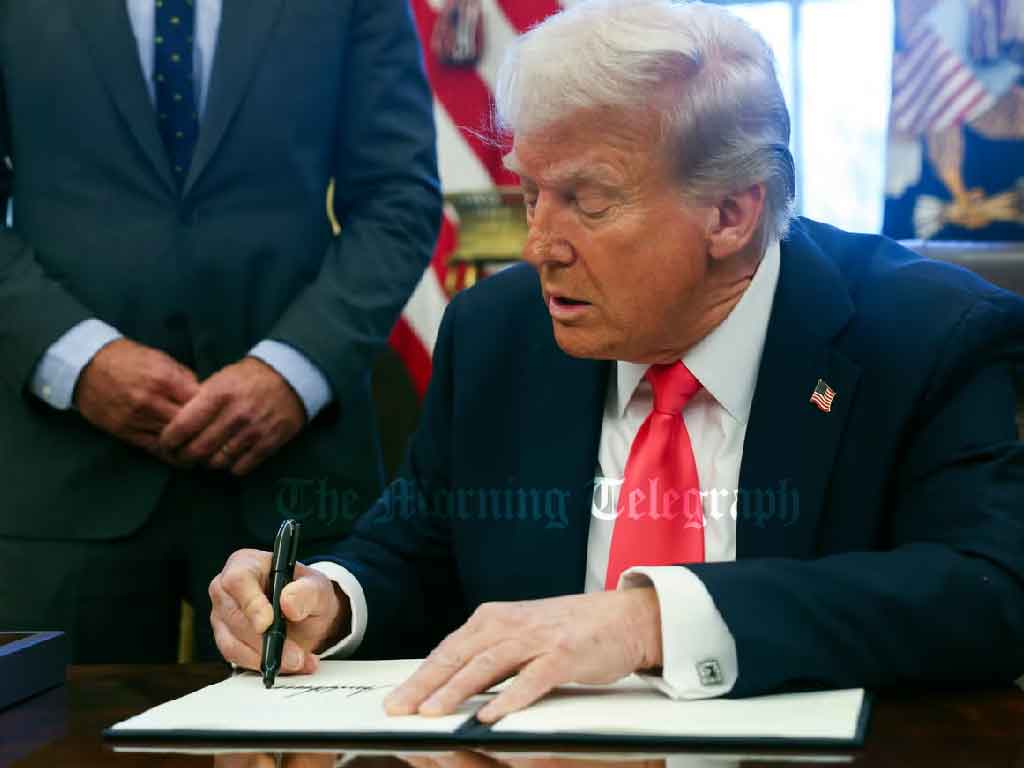
President Donald Trump has signed an executive order officially designating English as the national language of the United States, marking the first time in the country’s nearly 250-year history that a federal language has been established.
The order rescinds a policy introduced by former President Bill Clinton in 2000, which required government agencies and federally funded organizations to provide language assistance to non-English speakers. Under the new directive, agencies will now have the option to discontinue multilingual services, but are not required to change any existing language assistance programs.
The executive order states that establishing English as the official language will streamline communication, reinforce national values, and create a more unified and efficient society. It also emphasizes that learning English is essential for economic success, community engagement, and national identity while recognizing the long tradition of multilingual American citizens who have passed English down to their children over generations.
According to the U.S. Census Bureau, nearly 68 million Americans speak a language other than English at home, including over 160 Native American languages. Spanish, Chinese dialects, and Arabic are among the most commonly spoken languages after English.
While more than 30 U.S. states have already designated English as their official language, past efforts to pass a similar law at the federal level have repeatedly failed in Congress. Critics argue that an official language is unnecessary given the high number of English speakers and could promote discrimination against non-English-speaking communities.
Trump’s stance on language policies has been clear since his 2024 presidential campaign, during which he linked non-English languages to stricter immigration policies. Speaking at a rally in February 2024, he said, “It’s the craziest thing – they have languages that nobody in this country has ever heard of. It’s a very horrible thing.”
While approximately 180 countries worldwide have official national languages, many, including the United Kingdom, do not. In the U.S., Alaska and Hawaii have granted official status to multiple indigenous languages alongside English.
The order is expected to fuel further debate over language policies, immigration, and cultural integration in the United States.




